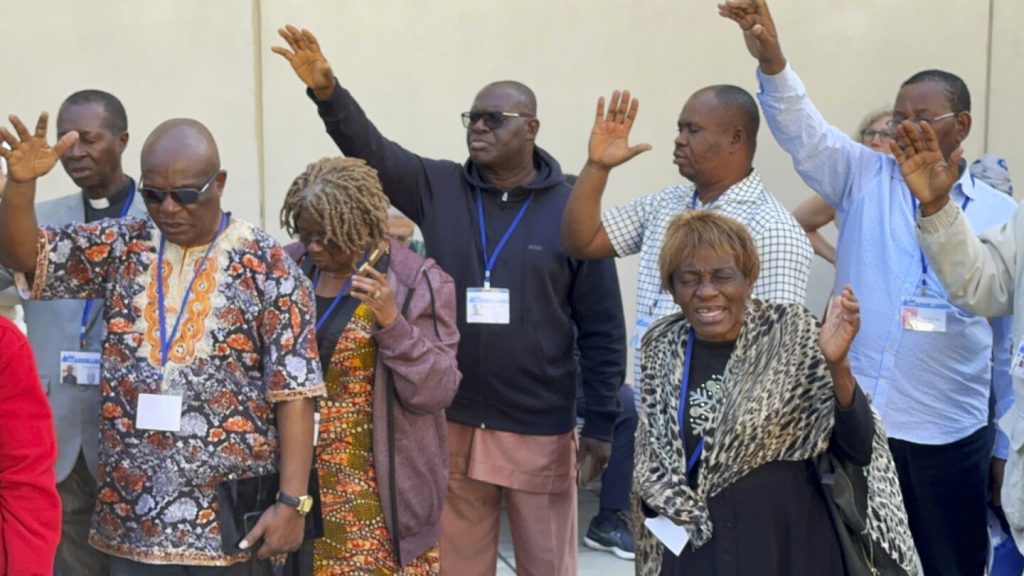A religious schism in Nigeria has turned deadly, with a church member shot and two young children killed as homes were set on fire. This violence stemmed from a split in the United Methodist Church over the decision to repeal LGBTQ bans and the establishment of the Global Methodist Church by conservative breakaway churches. The incident occurred in Taraba, a state in northeast Nigeria, where a United Methodist church member was killed in a confrontation between the two factions. The violence also claimed the lives of two children, ages 2 and 4, and left 10 church members injured.
The Global Methodist Church, formed earlier this year by breakaway churches, was created in response to the United Methodist Church’s decision to lift bans on LGBTQ ordination and same-sex marriage. Despite this decision, the West Africa Central Conference, which includes Nigeria, maintains restrictions on marriage to a man and a woman and follows national laws on LGBTQ issues. The United Methodist bishops in the region condemned the violence and called for an end to retribution, expressing outrage that such atrocities could occur among Christians who were once part of the same Methodist family.
The Assembly of Bishops of the Global Methodist Church also issued a statement, expressing concern over the allegations of violence and emphasizing the need to determine what happened. They mourn the loss of human life, condemn the use of violence in any form, and call on both Global Methodists and United Methodists to promote peace and unity. The bishops urge members of the newly formed Global Methodist Church to stop the violence and refrain from spreading misinformation that can incite fear and lead to further conflicts.
The United Methodist Church’s decision to repeal LGBTQ bans has led to significant divisions within the denomination, prompting conservative churches to break away and form the Global Methodist Church. This schism has now escalated into violence in Nigeria, where church members are resorting to deadly confrontations and setting homes ablaze. The situation has raised concerns about the impact of religious disagreements on communities and the need for peaceful resolutions to prevent further bloodshed.
The violence in Nigeria underscores the challenges faced by religious communities in navigating disagreements over social issues such as LGBTQ rights. While the United Methodist Church’s decision was intended to be inclusive, it has instead sparked conflict and division within the denomination, leading to tragic consequences in this Nigerian community. The call for peace and unity from both United Methodist and Global Methodist bishops emphasizes the importance of finding common ground and fostering dialogue to address differences and prevent further violence.
As the Global Methodist Church continues to grapple with the aftermath of the Nigerian violence, it is essential for religious leaders and members to prioritize reconciliation and understanding. The response to this tragic incident will determine the future of the Global Methodist Church and its ability to promote peace and unity within its ranks. Moving forward, it is crucial for both the United Methodist Church and the Global Methodist Church to work towards healing the wounds caused by this conflict and to uphold the values of compassion, tolerance, and respect for all members of the community.


